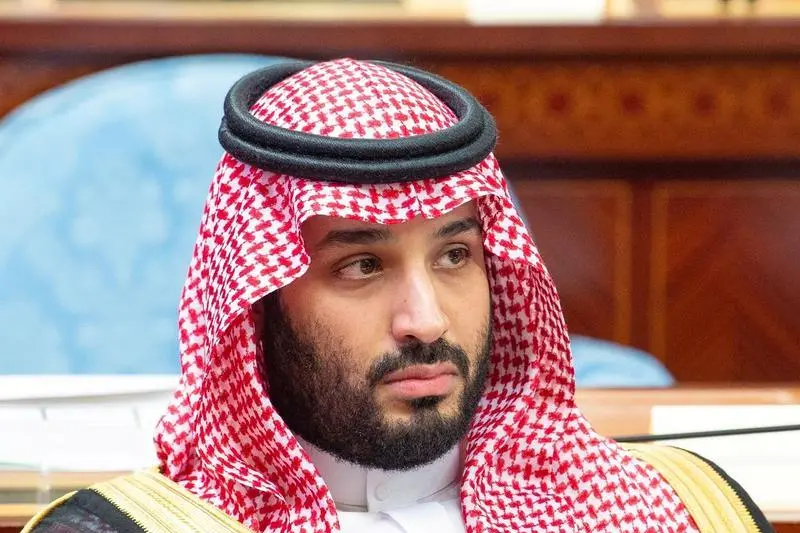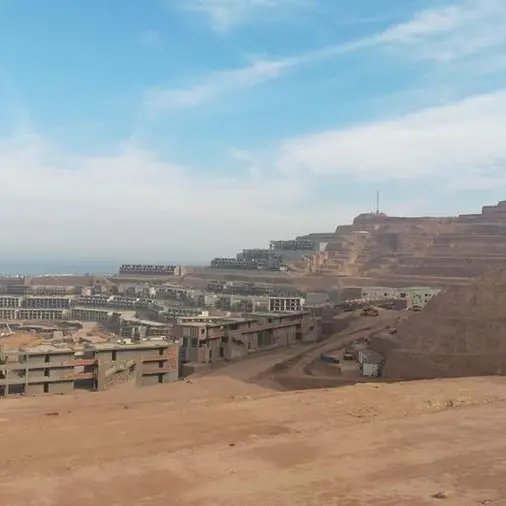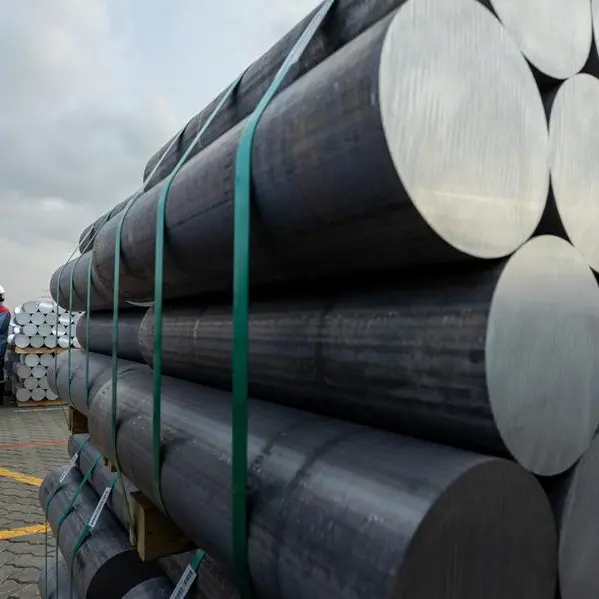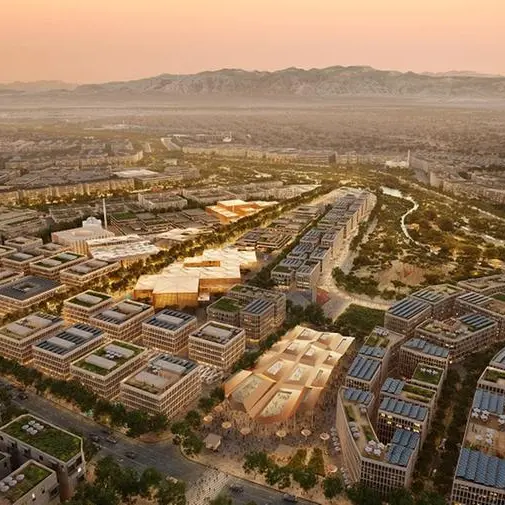PHOTO
RIYADH - Saudi Arabia's Crown Prince Mohammed bin Salman said the kingdom's sovereign wealth fund, the Public Investment Fund, (PIF) will inject 150 billion riyals annually ($40 billion) into the economy in 2021 and 2022, and has become a key growth driver.
The fund is the main vehicle for boosting Saudi Arabian investments at home and abroad as the young prince, known in the West as MbS, seeks to diversify the kingdom's oil-heavy economy through his Vision 2030 strategy.
"Economic diversification is key to the kingdom's sustainability, and we are working hard to achieve this through PIF investments in tourism, sports, industry, agriculture, transportation, mining, space and other sectors," he said in a statement published by the Saudi Press Agency (SPA).
The 34-year-old prince said that PIF managed to double its assets to over 1.3 trillion riyals ($347 billion) and is on track to achieve a target of 7 trillion riyal worth of assets by 2030.
The Saudi government has expanded the role of PIF, founded in 1971, to finance development projects in the country.
PIF is backing Prince Mohammed's mega projects such as the flagship tourism project at the Red Sea, planned $500 billion Neom economic zone and the entertainment hub at Qiddya.
Local investments made by PIF reached 58 billion riyals in 2019 and it aims to invest 96 billion riyals locally in 2020. It managed over the past few years to create 190,000 jobs, he said.
The fund managed to create higher return of investments at a minimum of 7%, from 2% since its establishment, with some investments exceeding 70% and others making a return of more than 140%, he added.
The world’s largest oil exporter is facing a deep recession after the COVID-19 pandemic curbed global crude demand and measures to contain the coronavirus hurt domestic activity.
Prince Mohammed said he was optimistic the kingdom would record one of the largest non-oil GDP growth rates in the next years after the pandemic recedes.
Saudi Arabia's economy shrank by 7% in the second quarter, a sign of how deeply the new coronavirus hit both the oil and non-oil sectors, while unemployment hit a record high of 15.4%.
He said that despite the COVID-19 induced spike in unemployment levels, the government remains on track to reduce unemployment to 7% by 2030. ($1 = 3.7504 riyals)
(Reporting by Marwa Rashad; Editing by Franklin Paul, Cynthia Osterman and Alexandra Hudson) ((marwa.rashad@thomsonreuters.com; +966558880260; Reuters Messaging: marwa.rashad.thomsonreuters.com@reuters.net))





















